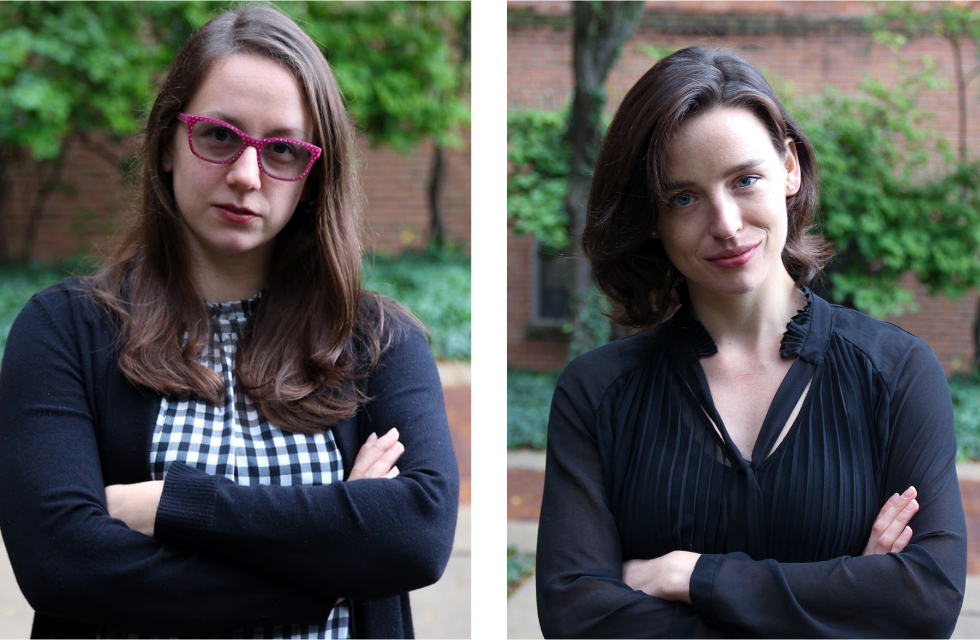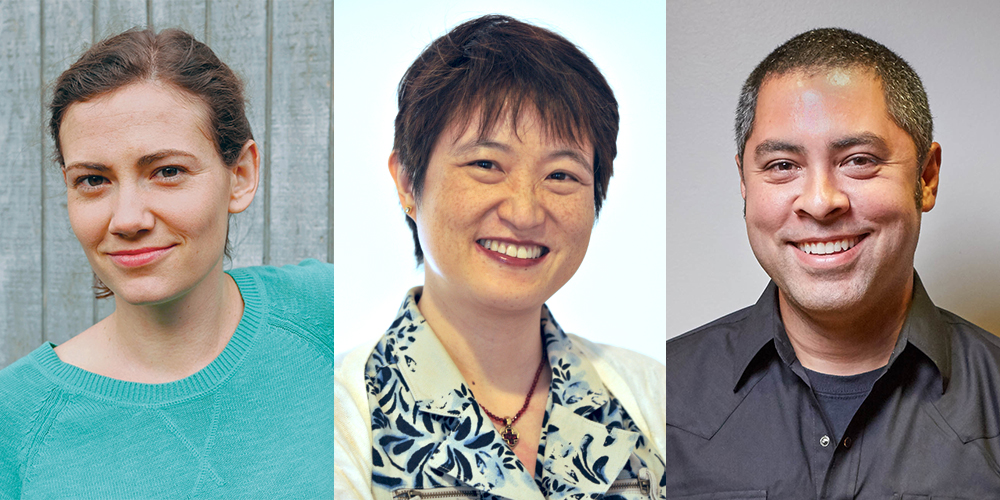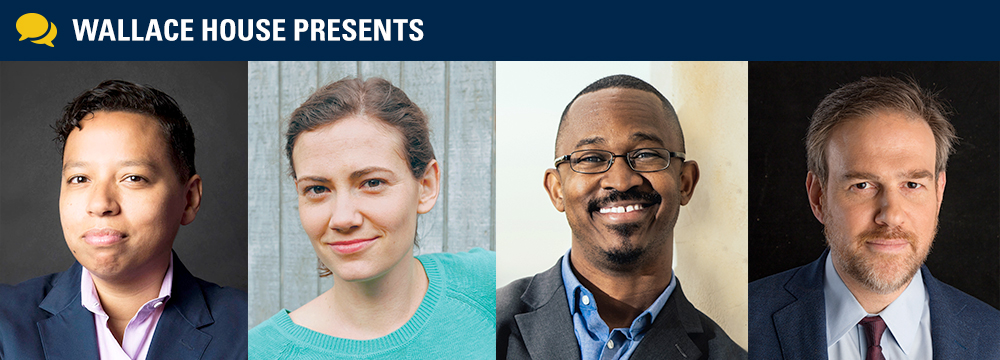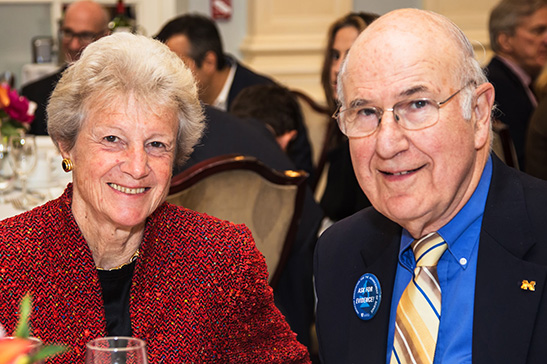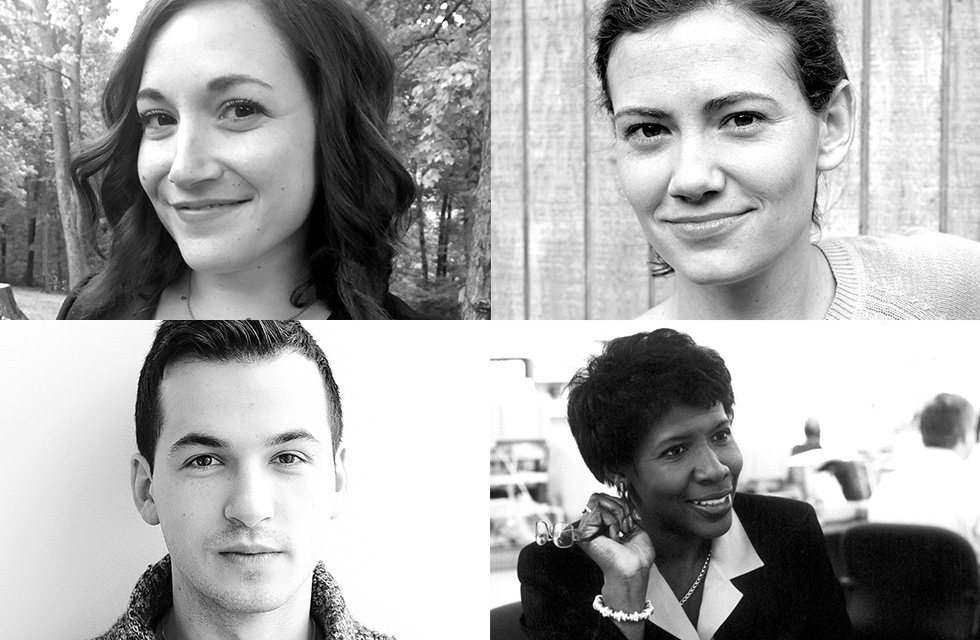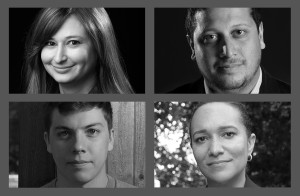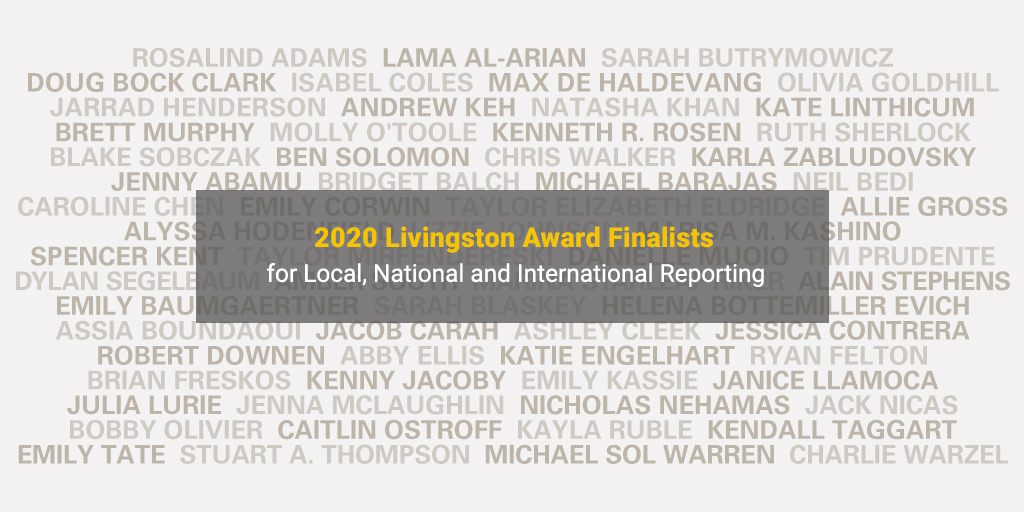
Wallace House and the University of Michigan announced today the 2020 finalists in local, national and international reporting. The awards support young journalists and honor the best reporting and storytelling by journalists under the age of 35 across all forms of journalism. The 56 finalist selections were chosen from more than 500 entries for work released in 2019.
This year’s Livingston Award winners will be announced on the Wallace House website and Twitter on June 4, 2020 and honored in person in June 2021, when we hope to return to our traditional awards luncheon. We will not gather this year due to public health concerns.
“This year’s Livingston Award finalists affirm the persistence, commitment and creativity of journalists to push beyond the surface to reveal complex truths and illuminate the human experience,” said Wallace House Director Lynette Clemetson. “The more than 500 entries we received are a testament to the role young journalists play in pushing the craft forward despite industry challenges and public efforts to invalidate journalism’s role in society. In recognizing these finalists we hope to extend the reach of their work and encourage the further development of their careers.”
Funded by the John S. and James L. Knight Foundation and the University of Michigan to support the vital role of a free and independent press, the awards bolster the work of young reporters, create the next generation of journalism leaders and mentors, and advance civic engagement around powerful storytelling. Other sponsors include the Indian Trail Charitable Foundation, the Mollie Parnis Livingston Foundation, Christiane Amanpour and Dr. Gil Omenn and Martha Darling.
The Livingston Awards regional judges read all qualifying entries to select the finalists in local, national and international reporting. The regional judging panel includes: Raney Aronson-Rath, executive producer, “Frontline,” PBS; Molly Ball, national political correspondent, Time; Stella Chávez, education reporter, KERA Public Radio (Dallas); Chris Davis, Vice-President of Investigative Journalism, Gannett; David Greene, host, “Morning Edition,” NPR; Stephen Henderson, host, “Detroit Today,” WDET; and Shirley Leung, columnist and associate editor, The Boston Globe.
The Livingston Awards national judges review all finalist entries and select the winners. The national judges are Christiane Amanpour, chief international correspondent, CNNi and host, “Amanpour on PBS”; Ken Auletta, author and media and communications writer, The New Yorker; Dean Baquet, executive editor, The New York Times; John Harris, co-founder, Politico; Clarence Page, Chicago Tribune; Anna Quindlen, author; María Elena Salinas, contributor, CBS News; Bret Stephens, op-ed columnist, The New York Times; and Kara Swisher, editor at large, Recode.
We present the 2020 Livingston Awards finalists and invite you to review their work here.
Local Reporting
- Jenny Abamu, WAMU
- Bridget Balch, Richmond Times-Dispatch
- Michael Barajas, Texas Observer
- Neil Bedi, Tampa Bay Times
- Caroline Chen, ProPublica co-published with NJ Advance Media and WNYC
- Emily Corwin, New Hampshire Public Radio
- Taylor Elizabeth Eldridge, Type Investigations in partnership with The Appeal
- Allie Gross, Detroit Free Press
- Alyssa Hodenfield, The Sacramento Bee
- Lizzie Johnson, San Francisco Chronicle
- Marisa M. Kashino, Washingtonian
- Spencer Kent, NJ Advance Media
- Taylor Mirfendereski, KING 5
- Danielle Muoio, POLITICO New York
- Tim Prudente, The Baltimore Sun
- Dylan Segelbaum and Amber South, The York Daily Record
- Marina Starleaf Riker, San Antonio Express-News
- Alain Stephens, The Trace in partnership with NBC Bay Area, NBC San Diego and NBC Los Angeles
National Reporting
- Emily Baumgaertner, Los Angeles Times
- Sarah Blaskey, Nicholas Nehamas and Caitlin Ostroff, Miami Herald
- Helena Bottemiller Evich, POLITICO
- Assia Boundaoui, PBS’s POV
- Jacob Carah, Abby Ellis and Kayla Ruble, FRONTLINE
- Ashley Cleek and Janice Llamoca, Latino USA
- Jessica Contrera, The Washington Post
- Robert Downen, Houston Chronicle
- Katie Engelhart, The California Sunday Magazine
- Ryan Felton, Consumer Reports
- Brian Freskos, The Trace in partnership with The New Yorker
- Kenny Jacoby, USA TODAY Network
- Emily Kassie, The Marshall Project in partnership with The Guardian
- Julia Lurie, Mother Jones
- Jenna McLaughlin, Yahoo News
- Jack Nicas, The New York Times
- Bobby Olivier and Michael Sol Warren, NJ Advance Media
- Kendall Taggart, BuzzFeed News
- Emily Tate, EdSurge and WIRED
- Stuart A. Thompson and Charlie Warzel, The New York Times
International Reporting
- Rosalind Adams, BuzzFeed News
- Lama Al-Arian and Ruth Sherlock, NPR
- Sarah Butrymowicz, The Hechinger Report in partnership with Marie Claire
- Doug Bock Clark, GQ magazine
- Isabel Coles, The Wall Street Journal
- Max de Haldevang, Quartz
- Olivia Goldhill, Quartz
- Jarrad Henderson, USA Today
- Andrew Keh, The New York Times
- Natasha Khan, The Wall Street Journal
- Kate Linthicum, Los Angeles Times
- Brett Murphy, USA TODAY Network
- Molly O’Toole, Los Angeles Times
- Kenneth R. Rosen, WIRED
- Blake Sobczak, E&E News
- Ben Solomon, FRONTLINE on PBS
- Chris Walker, Rock and Ice Magazine
- Karla Zabludovsky, BuzzFeed News

